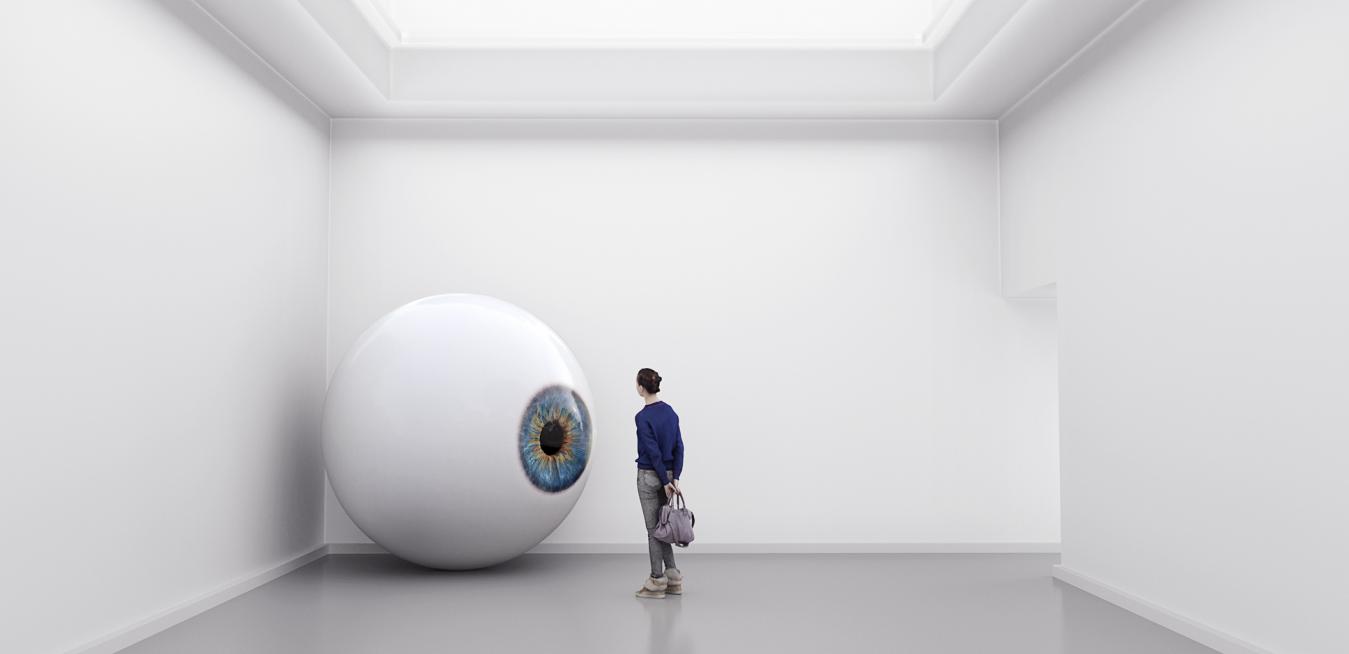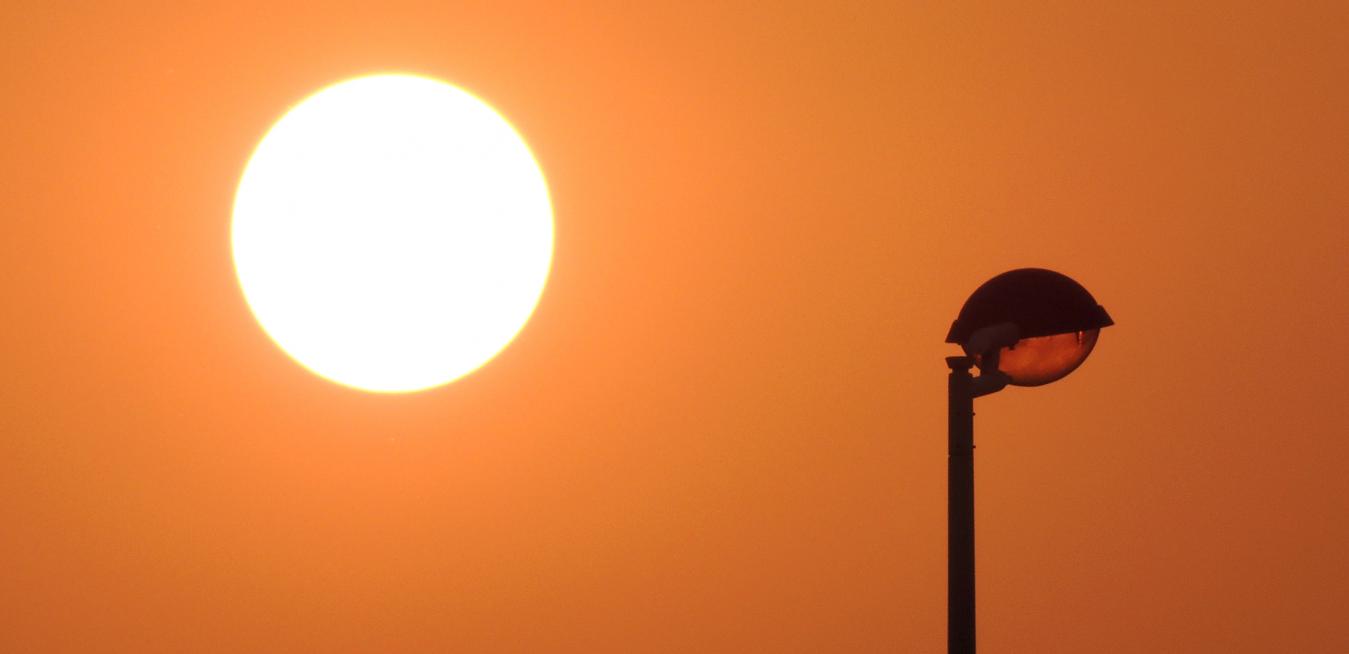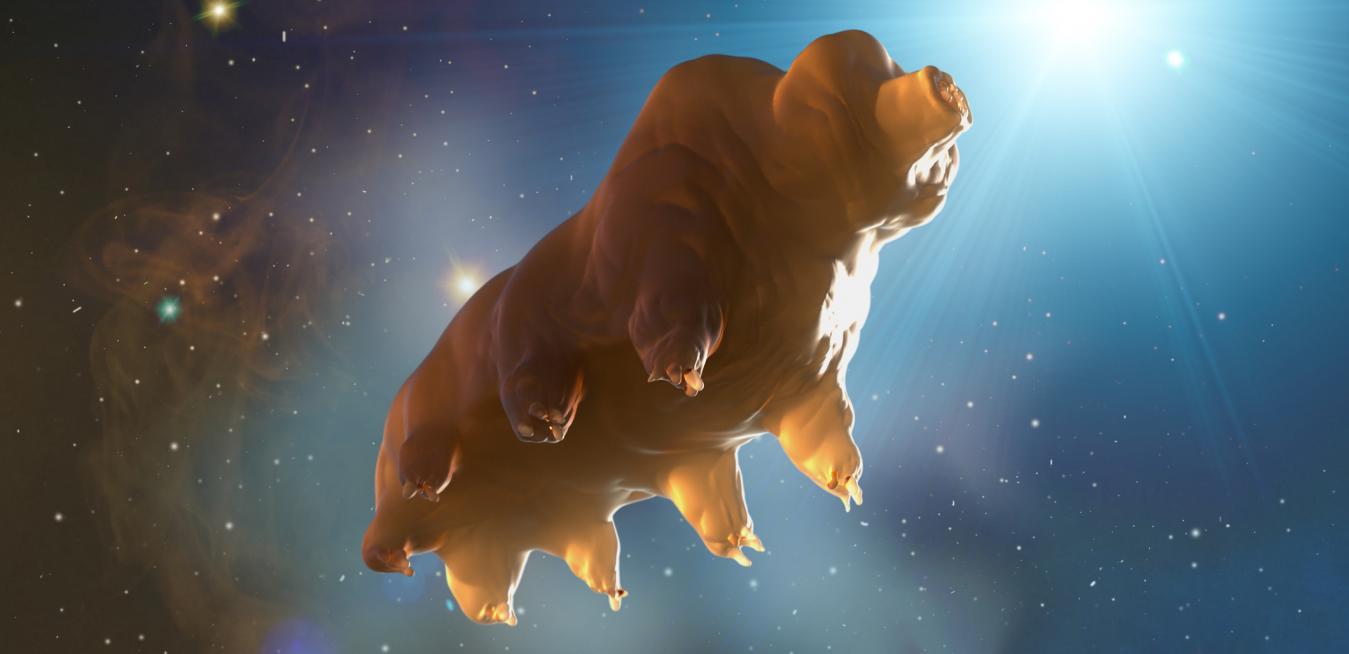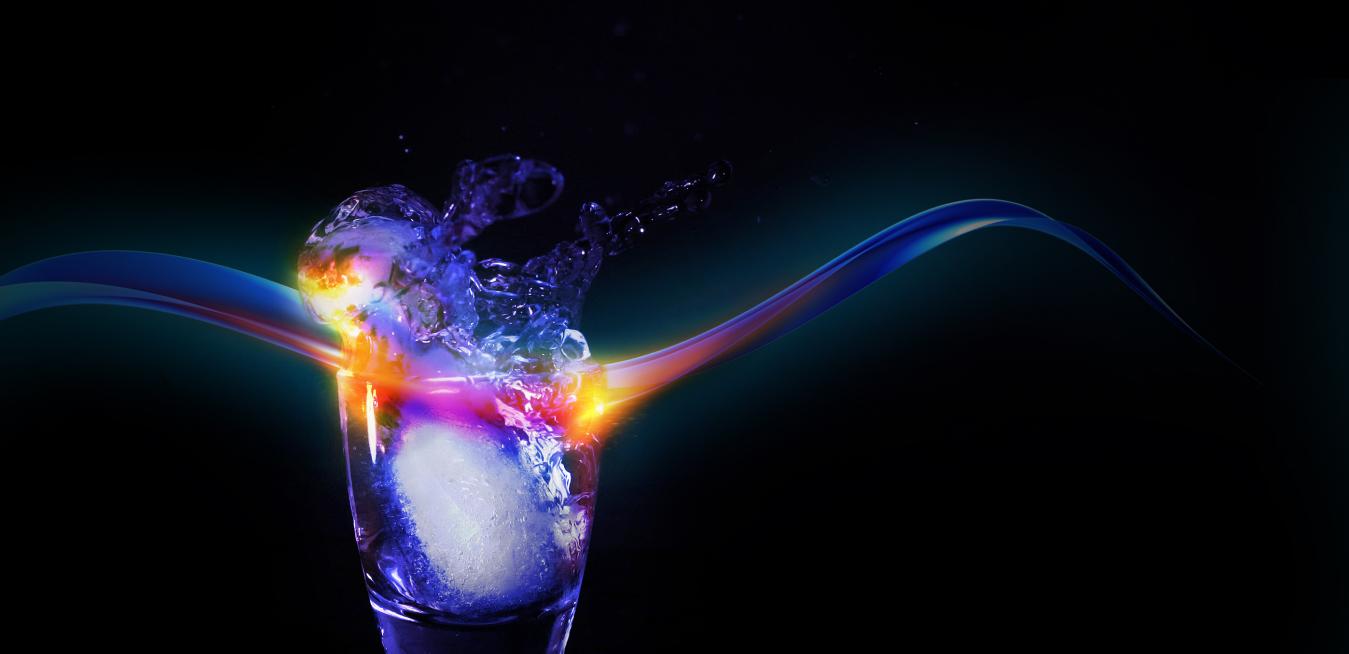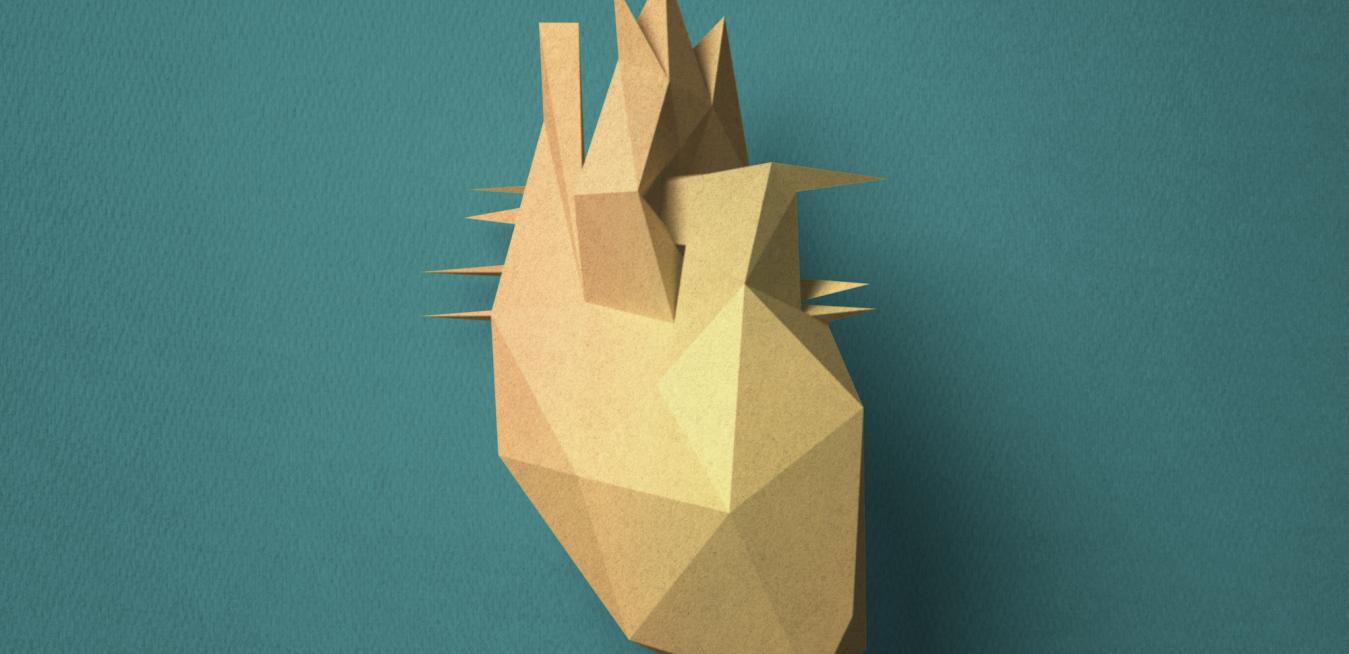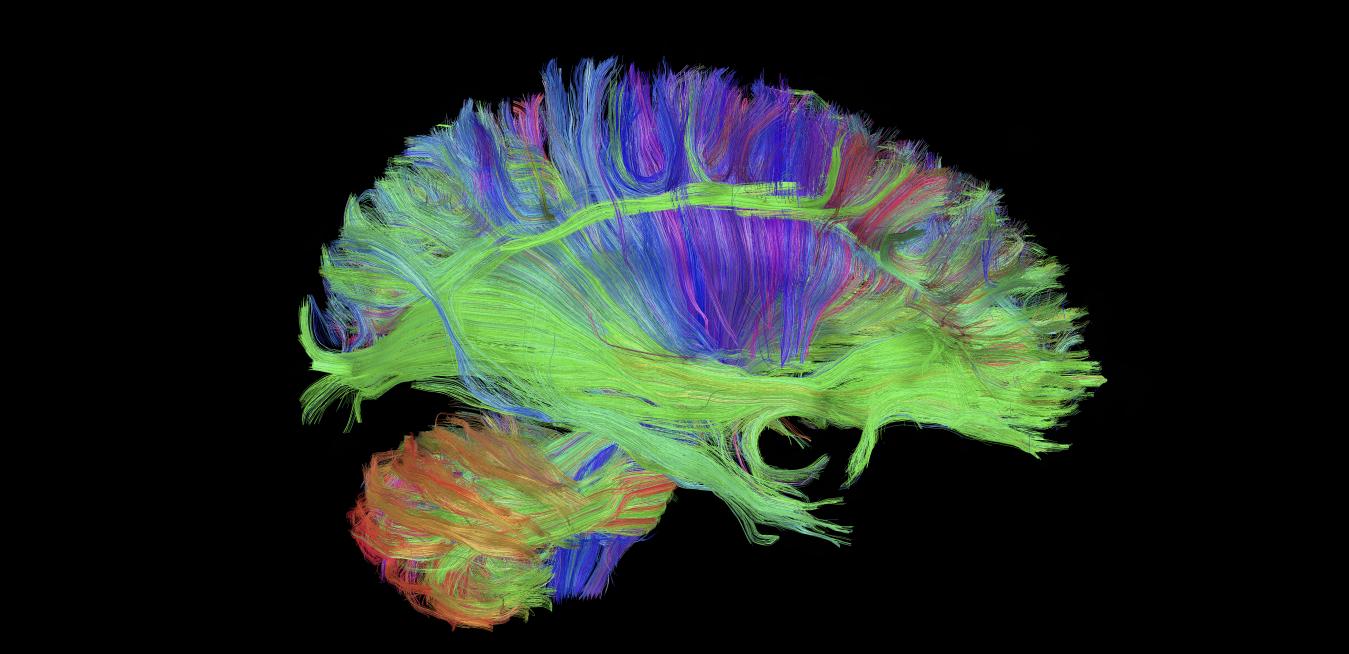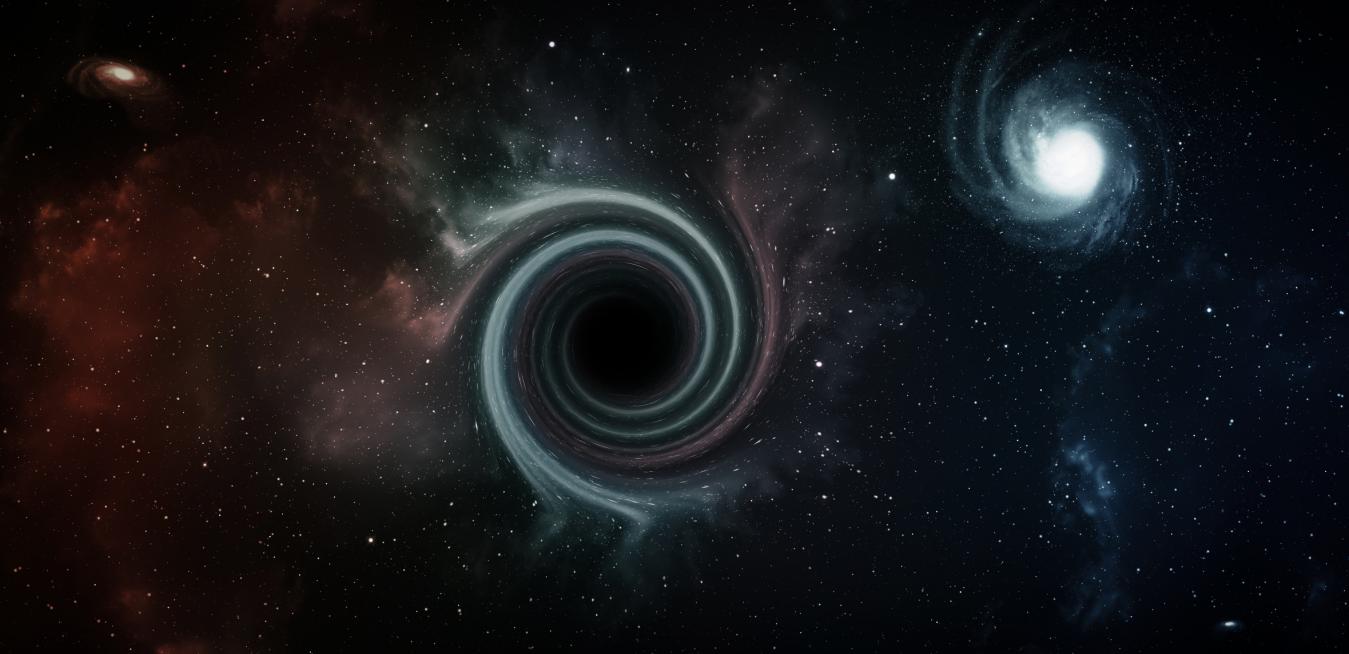Scientists used gene therapy to regenerate damaged nerve fibers in the eye, formulated a way to 3D-print cartilage found in the knee and developed a blood test that indicates infection with antibiotic-resistant bacteria in less than one hour. This week’s coolest scientific achievements are written all over the body.
Researchers found a low-energy way to take used cooking oil and turn it into biodiesel, developed a funky new white paint that dramatically lowers the temperature of surfaces it’s applied to, and figured out how promising two-dimensional materials like graphene can be incorporated into inks for 3D printing. As the philosopher once said: We’re living in a material world. These are the week’s coolest scientific achievements.
A microscopic “water bear” uses its fluorescent pigmentation to withstand otherwise lethal levels of ultraviolet light, while a beetle with an elaborate suit of armor can be run over with a car repeatedly — and then dust itself off and keep on crawling. Meanwhile, a vaccine could help patients’ immune systems slow the progression of Alzheimer’s disease in the brain. Resilience is the watchword in this week’s coolest scientific discoveries.
A mind-boggling camera can capture 3D movies at 100 billion frames a second, a new method can rapidly turn plastic waste into clean hydrogen fuel, and researchers figured out a way to calculate the upper limit of the speed of sound: a cool 22 miles per second. Life comes at you fast in this week’s coolest scientific discoveries.
Researchers designed a nanoscale “net” that could be used as a drug-delivery system, got help from machine learning to develop a better idea of how RNA works, and took steps toward realizing an immunological holy grail: a universal flu vaccine. Big ideas come in tiny little packages in this week’s coolest scientific findings.
Researchers created an impossibly intricate map of the heart, engineers used a cool new technology to create a fisheye camera lens that’s totally flat and scientists came up with a “Trojan horse” method for killing cancer cells. But other than that, there are no tricks in this week’s coolest scientific discoveries — only treats.
Concrete Gains
Roboticists are helping self-driving vehicles act like a swarm of bees, researchers found a new way to use stem cells to combat diabetes and astronomers discovered the most energetic blast in the universe since the big bang. This week’s coolest scientific discoveries are positively explosive.
‘One Of The More Powerful Antibiotics’
